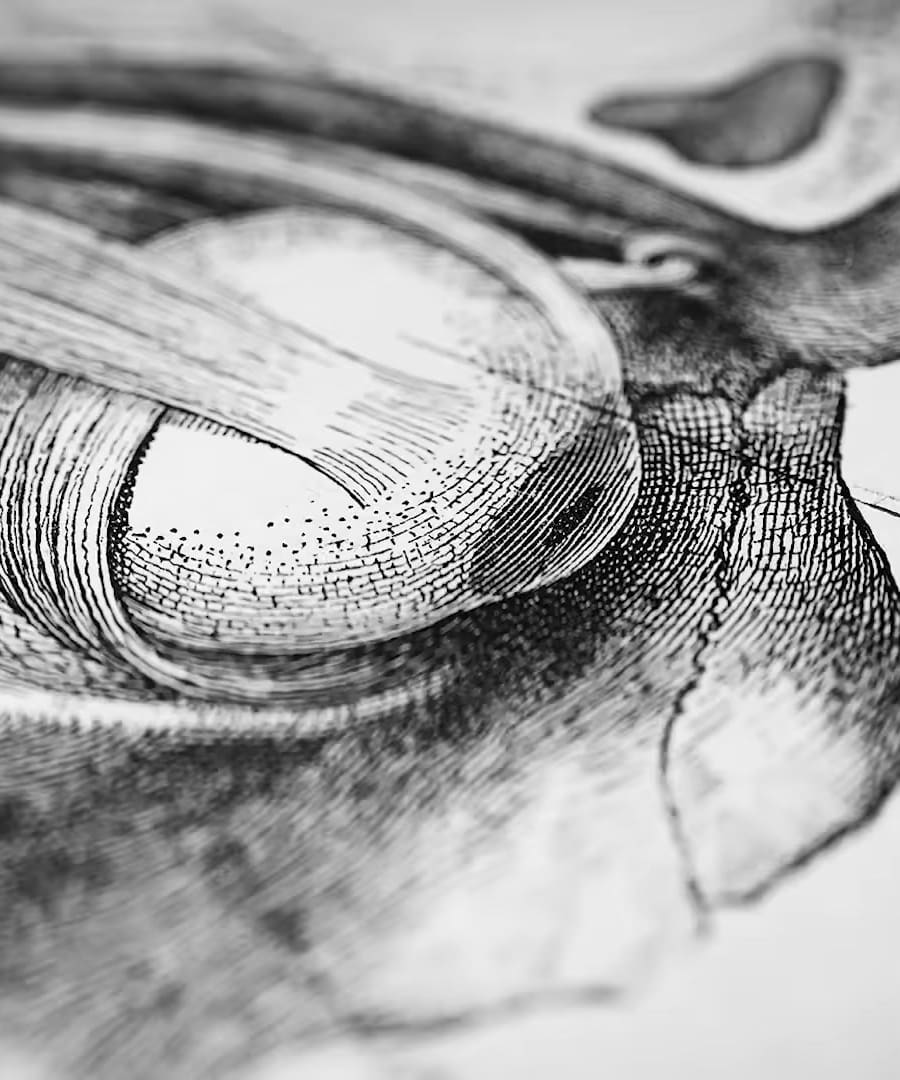Microbiome
Sources:
Andrew Huberman and guest Justin Sonnenburg discuss various aspects of the microbiome on the . Here are some key points:
What is the Microbiome?
- The gut microbiome consists of trillions of microorganisms, not just in the stomach but throughout the entire digestive tract. These microbes can have significant benefits for hormonal health, brain health, and immune system function 1.
- Our microbiome also exists in other parts of the body such as the nose, mouth, skin, and other areas where the body interfaces with the outside world 1 2.
Benefits and Composition
- A diverse gut microbiome is advantageous for immune system function, hormone regulation, and supporting the gut-brain axis which impacts mood, motivation, and overall brain function 2.
- Justin Sonnenburg explains that the gut microbiome includes various species like bacteria, archaea, eukaryotes, and bacteriophages, creating a complex and dense ecosystem in our gut 3.
- Huberman clarifies that the microbiota are the bacteria themselves, while the microbiome includes both the bacteria and the genes they produce, which can affect our body significantly 4.
Influences on the Microbiome
- Diet plays a significant role in shaping the microbiome. Consuming low sugar fermented foods like sauerkraut, kimchi, Greek yogurt, and kombucha can greatly improve gut function and support the immune system. Fiber, especially prebiotic fiber, also has an impact but varies in effectiveness among individuals 2.
- Social interactions, environmental exposures, and certain lifestyle factors can also modulate the microbiome. This includes contact with animals, interaction with different people, and behaviors like kissing or hugging 4.
Microbiome and Mental Health
- Recent studies have shown correlations between the gut microbiome and mental health. For instance, diverse microbiomes have been linked to lower incidences of loneliness and better emotional wellbeing 5.
- Research involving mouse models has identified specific microbiota, such as L. reuteri, that can mitigate autism spectrum disorder symptoms through mechanisms involving the vagus nerve, dopamine, and oxytocin release 6.
Early Development and Microbiome
- The establishment of a healthy microbiome starts early in life, particularly within the first three years. Various factors during this period, such as the mode of birth (cesarean vs. vaginal), breastfeeding, exposure to pets, and antibiotic use, can influence the development of the gut microbiome 7.
The covers comprehensive insights on how to build, maintain, and repair gut health, as well as the impact of the microbiome on overall health.
RELATED QUESTIONS
Microbiome
- RELATED QUESTIONS






